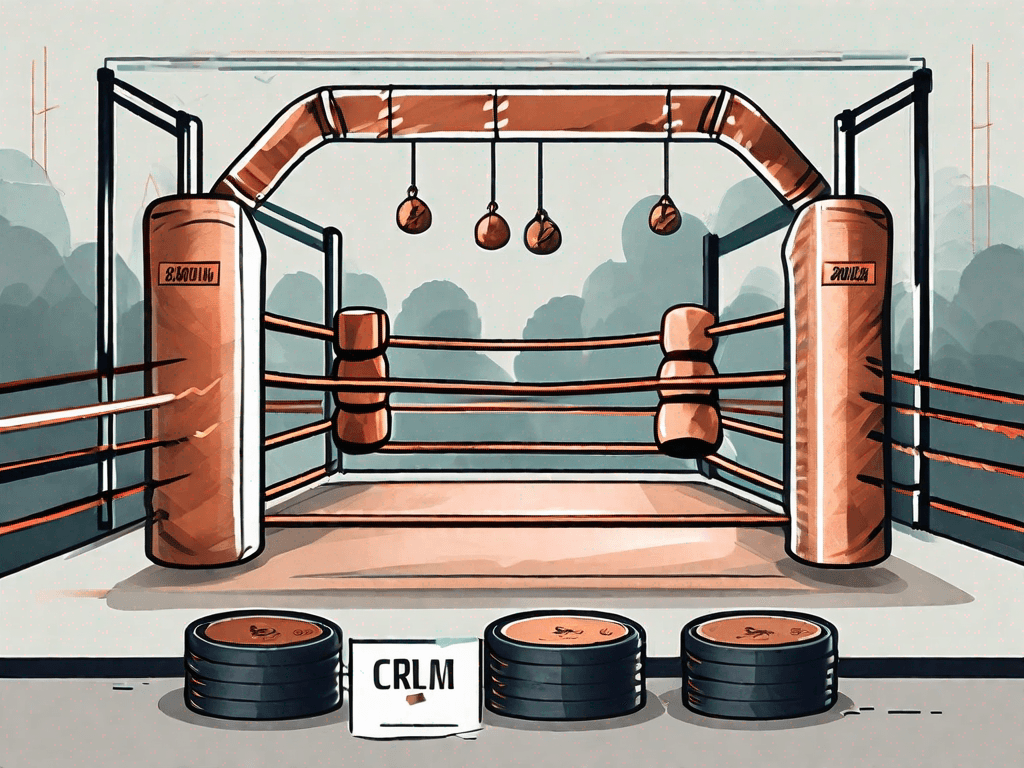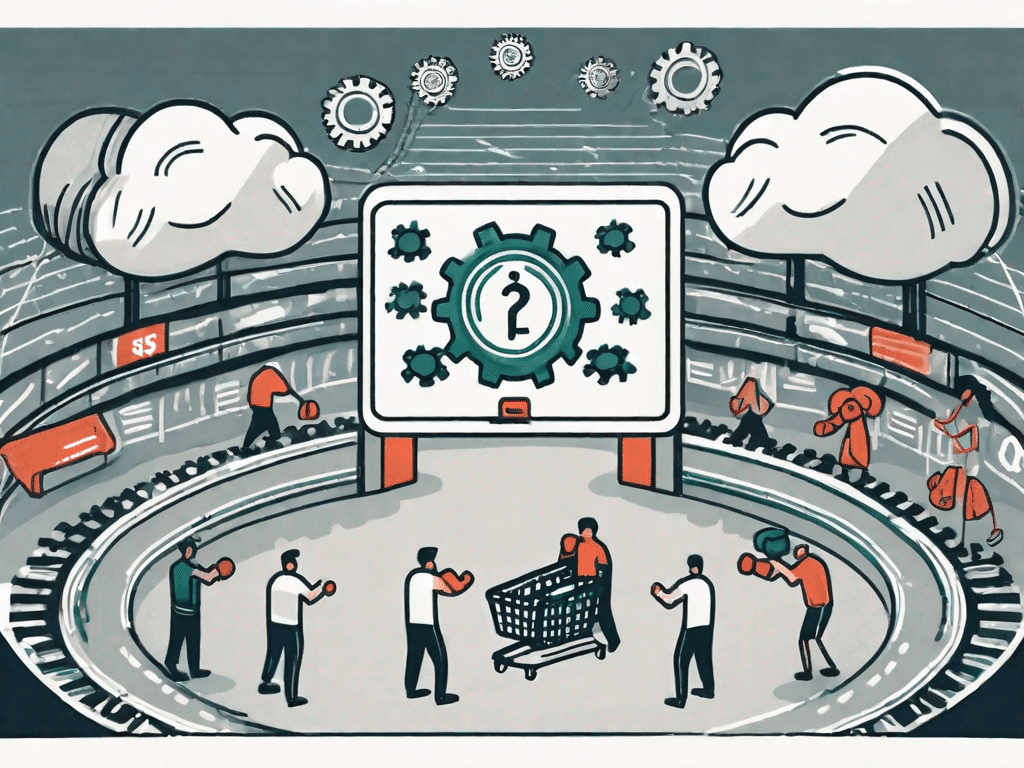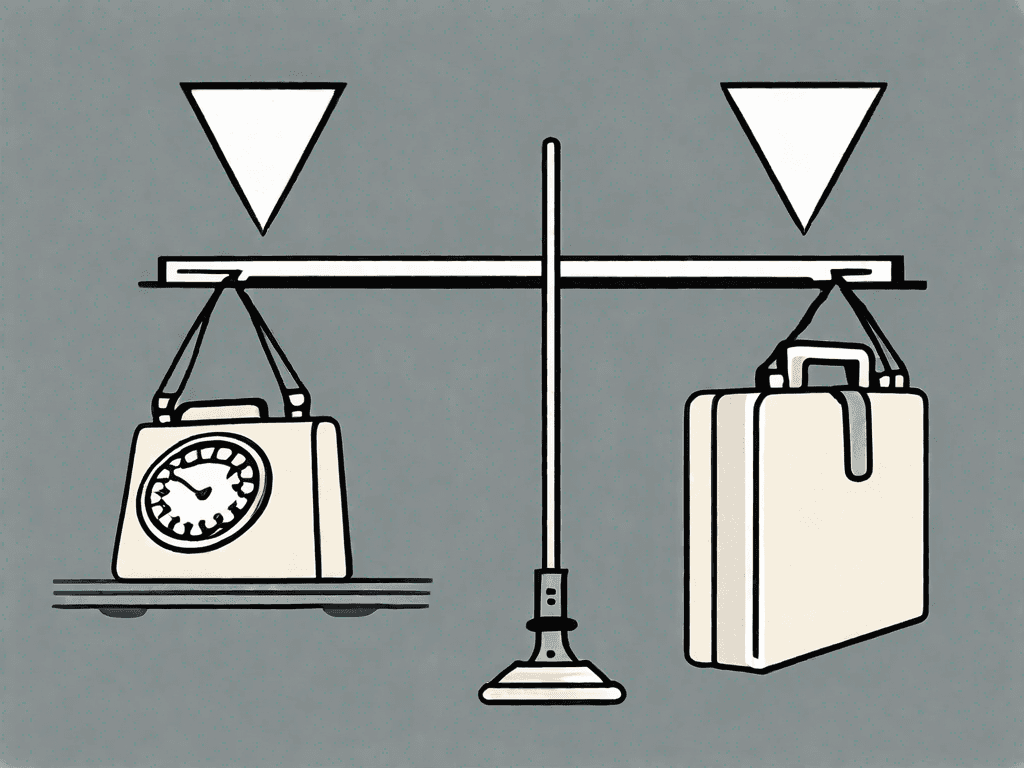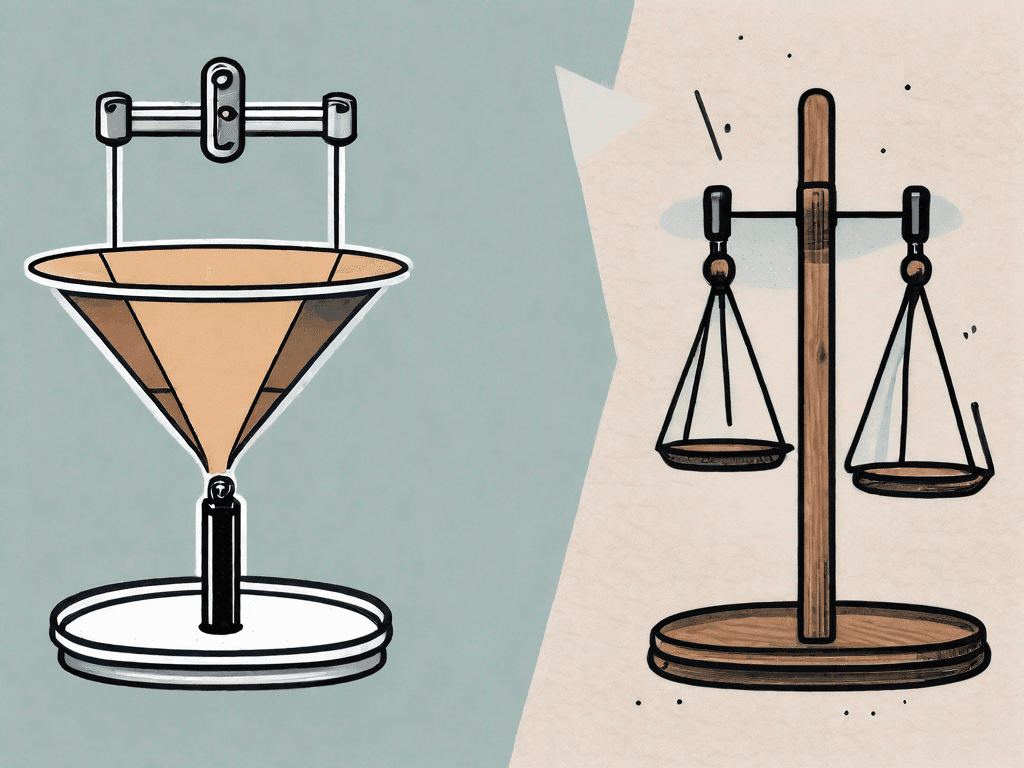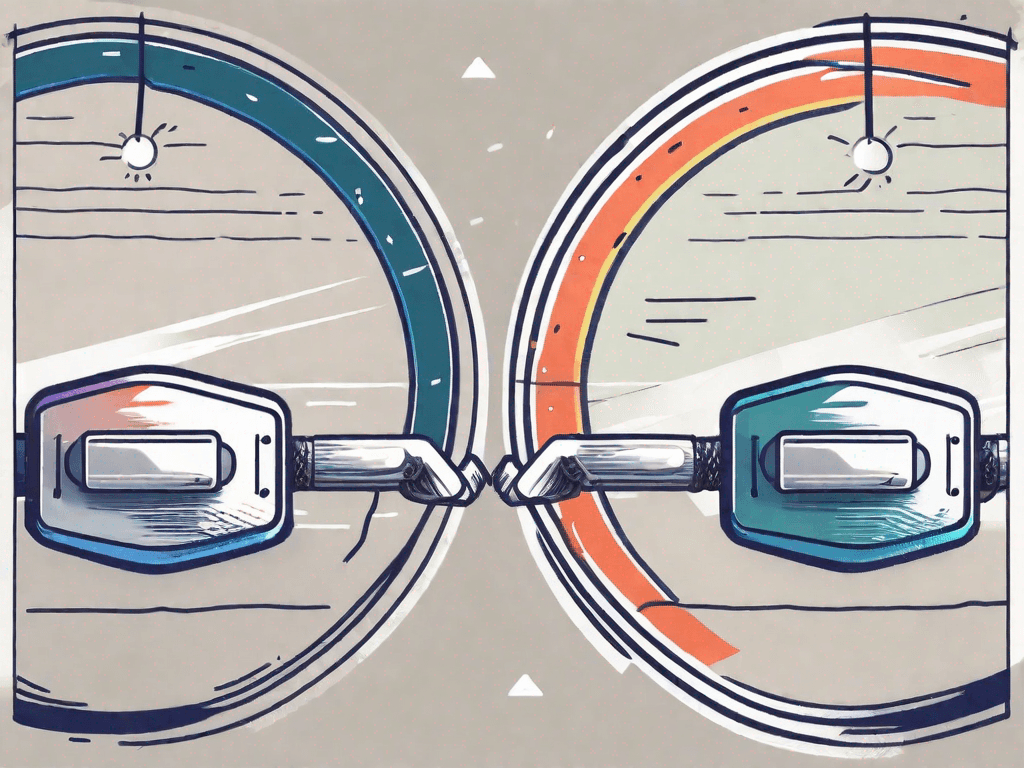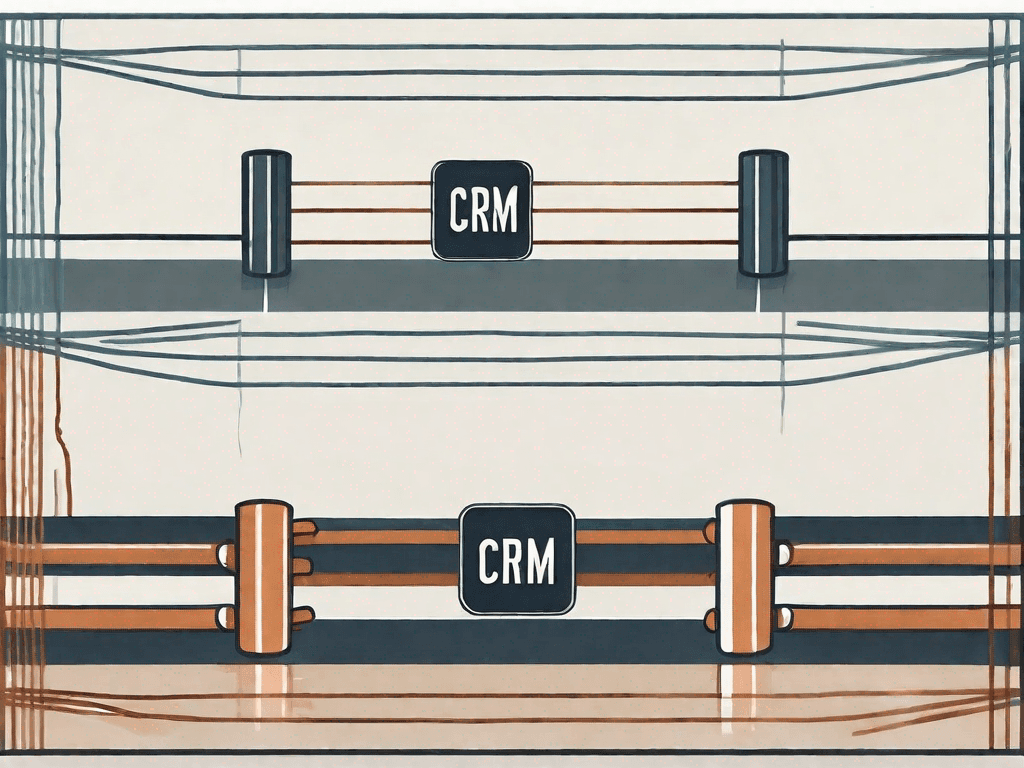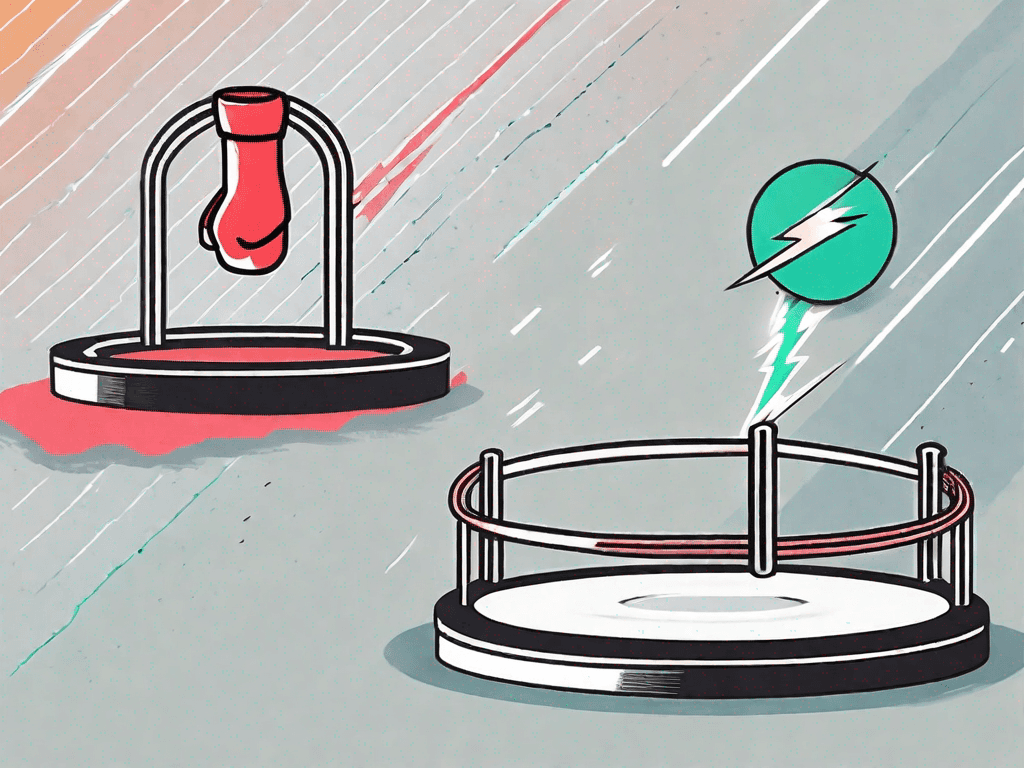
Pipedrive vs Salesforce: Which CRM is the Best?
In the world of customer relationship management (CRM) software, two major players stand out: Pipedrive and Salesforce. Both offer robust features and capabilities, but which one is truly the best for your business? In this article, we will compare Pipedrive and Salesforce across various aspects to help you make an informed decision
Pros and Cons of Pipedrive and Salesforce
Choosing the right customer relationship management (CRM) software is crucial for businesses looking to streamline their sales processes and improve efficiency. Two popular options in the market are Pipedrive and Salesforce. In this article, we will explore the pros and cons of both platforms to help you make an informed decision.
1.1 Pros of Pipedrive
Pipedrive is known for its user-friendly interface, making it easy for sales teams to navigate and use effectively. Its intuitive design allows users to quickly adapt to the platform and start utilizing its features without extensive training. The pipeline management feature is a standout, providing a visual representation of sales stages, allowing users to track progress effortlessly. This visual approach helps sales teams stay organized and focused on closing deals.
Another advantage of Pipedrive is its excellent customization options. The platform allows businesses to tailor the CRM to their specific needs and workflows. From custom fields and deal stages to personalized email templates, Pipedrive offers flexibility to adapt the system to match your unique sales processes. This level of customization ensures that the CRM aligns with your business requirements and enhances productivity.
1.2 Cons of Pipedrive
While Pipedrive excels in simplicity, it may lack some of the advanced features offered by competitors like Salesforce. For larger organizations with complex sales processes and extensive reporting needs, Pipedrive's capabilities may fall short. The platform may not provide the level of automation and advanced analytics required for in-depth insights into sales performance. Additionally, Pipedrive's integrations with third-party applications may be limited compared to other CRM solutions.
1.3 Pros of Salesforce
Salesforce is an industry leader in CRM software, offering a wide range of features that cater to businesses of all sizes. One of its key strengths is its comprehensive reporting and analytics capabilities. Salesforce provides powerful tools to track and analyze sales data, allowing businesses to gain valuable insights into their performance. With customizable dashboards and real-time reporting, sales teams can make data-driven decisions and optimize their strategies.
Another advantage of Salesforce is its robust integrations with various third-party applications. The platform offers a vast marketplace of apps and add-ons that extend its functionality. Whether you need to integrate with marketing automation tools, customer support software, or e-commerce platforms, Salesforce provides seamless integration options. This flexibility allows businesses to create a tailored CRM ecosystem that meets their specific needs.
1.4 Cons of Salesforce
Despite its power and versatility, Salesforce can be overwhelming for users new to CRM systems. The platform's extensive range of features and customization options can be daunting, requiring a significant learning curve. Users may need expert assistance or dedicated training to fully leverage Salesforce's capabilities. This additional investment of time and resources can be a challenge for smaller businesses with limited budgets.
Furthermore, Salesforce's pricing can be higher than other CRM solutions. While the platform offers various pricing plans to cater to different business sizes, the cost can still be a barrier for smaller organizations. It's essential to carefully evaluate your budget and requirements to determine if the investment in Salesforce is justified for your business.
1.5 Key Differences between Pipedrive and Salesforce
While both Pipedrive and Salesforce serve as CRM solutions, they differ significantly in terms of target audience and functionality. Pipedrive is best suited for small to medium-sized businesses with straightforward sales processes. Its simplicity and ease of use make it an ideal choice for teams that prioritize efficiency and simplicity.
On the other hand, Salesforce caters to larger enterprises with complex sales and marketing needs. Its extensive range of features and customization options provide the flexibility required to manage intricate sales processes and scale operations. Salesforce's comprehensive suite of tools makes it a preferred choice for organizations that demand advanced analytics, automation, and integration capabilities.
Overall, Pipedrive offers a user-friendly and customizable option for businesses looking for simplicity in their CRM solution. Its intuitive interface and pipeline management feature make it easy to track sales progress and adapt to specific workflows. On the other hand, Salesforce provides a comprehensive suite of features for organizations with more sophisticated requirements. Its robust reporting, extensive integrations, and scalability make it a powerful choice for larger enterprises.
When choosing between Pipedrive and Salesforce, consider your business size, sales processes, and specific needs to find the CRM solution that aligns with your goals and objectives.
How does Pipedrive pricing compare to Salesforce?
2.1 Pipedrive Pricing
Pipedrive offers different pricing plans to accommodate businesses of various sizes. Their plans range from the Essential plan at $12.50 per user per month (billed annually) to the Enterprise plan with custom pricing. Each plan unlocks additional features and functionality based on the needs of your business.
2.2 Salesforce Pricing
Salesforce offers several pricing tiers to cater to different business requirements. Their plans include Essentials at $25 per user per month, Professional at $75 per user per month, Enterprise at $150 per user per month, and Unlimited at $300 per user per month. Each plan comes with its own set of features and limitations.
2.3 Pricing Comparison
When comparing Pipedrive and Salesforce pricing, it's essential to consider not only the cost but also the functionality provided at each tier. Pipedrive's pricing is generally more affordable, making it an attractive option for smaller businesses on a budget. On the other hand, Salesforce's higher-priced plans come with additional features and support, making it more suitable for larger organizations with complex needs.
How do Pipedrive integrations compare to Salesforce?
3.1 Pipedrive integrations
Pipedrive offers a wide range of integrations with popular tools and software, allowing businesses to streamline their workflows and enhance their CRM experience. Some notable integrations include Google Workspace, Mailchimp, Slack, and Zapier. These integrations help automate tasks, improve productivity, and provide a seamless flow of data between systems.
3.2 Salesforce Integrations
Salesforce boasts an extensive marketplace of integrations known as AppExchange. With over 5,000 apps, businesses can find integrations for almost any requirement. From marketing automation platforms like HubSpot to finance tools like QuickBooks, Salesforce's integrations provide a comprehensive ecosystem for businesses to connect their systems seamlessly.
Which one is the Best for You?
4.1 The Best for Salespeople
If you're a sales-focused business looking for simplicity and ease of use, Pipedrive may be the best CRM for you. Its intuitive interface and visual sales pipeline make it easy for salespeople to track and manage their deals effectively.
4.2 The Best for Consultants
For consultants and service-based businesses, Salesforce's extensive feature set and scalability are crucial. It provides comprehensive reporting, project management, and advanced customization options, making it a powerful tool for consultants.
4.3 The Best for Digital Marketing Agencies
Digital marketing agencies often require seamless integrations between their CRM and marketing automation platforms. In this case, Salesforce's extensive integrations through AppExchange provide the necessary tools to connect and automate marketing efforts effectively.
Ultimately, the decision between Pipedrive and Salesforce boils down to the specific needs and requirements of your business. Consider factors such as sales complexity, budget, and integration capabilities to choose the CRM that best suits your organization's growth and success.
Make an informed decision by weighing the pros and cons, understanding the pricing models, and evaluating integration possibilities. With the right CRM in place, you can streamline your sales processes, enhance customer relationships, and drive business growth.











![The 8 Best Social CRM Software in 2025 [Comparison]](https://framerusercontent.com/images/RYHyYapdgIi83BEWtMdX418.png)
![The 6 Best LinkedIn CRM in 2025 [Comparison]](https://framerusercontent.com/images/Luywfni7ZKjb19yghbhNPy4I4qQ.png)




![The 5 Best Twitter CRM [Comparison]](https://framerusercontent.com/images/EWcbvYnVZglJLO8jp3OlHkTvsHo.png)
































































































































































